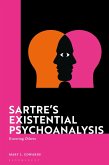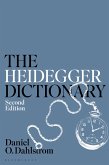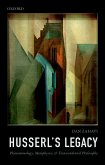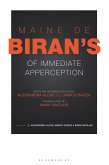This volume explores the work of Polish phenomenologist Roman Ingarden (1893-1970) with respect to his ontology, epistemology and aesthetics. An outstanding student of Edmund Husserl, it offers a unique tribute to one of the most important figures in contemporary philosophy.
Leszek Sosnowski and Natalia Anna Michna introduce a team of renowned scholars to present new and timely readings of Ingarden's thought, placing his philosophy in a broader historical and cultural context. In doing so, they offer a cutting edge reflection on the relevance, refinement and depth of Ingarden's theory. Chapters are not only retrospective, but also set out the present and future development of philosophy inspired by his works.
Reinvigorating the debate about Ingarden's phenomenological legacy and its relevance for contemporary thought, this collection of essays guides us through his place in the history of philosophy and presents new perspectives on selected aspects of his theory.
Leszek Sosnowski and Natalia Anna Michna introduce a team of renowned scholars to present new and timely readings of Ingarden's thought, placing his philosophy in a broader historical and cultural context. In doing so, they offer a cutting edge reflection on the relevance, refinement and depth of Ingarden's theory. Chapters are not only retrospective, but also set out the present and future development of philosophy inspired by his works.
Reinvigorating the debate about Ingarden's phenomenological legacy and its relevance for contemporary thought, this collection of essays guides us through his place in the history of philosophy and presents new perspectives on selected aspects of his theory.









